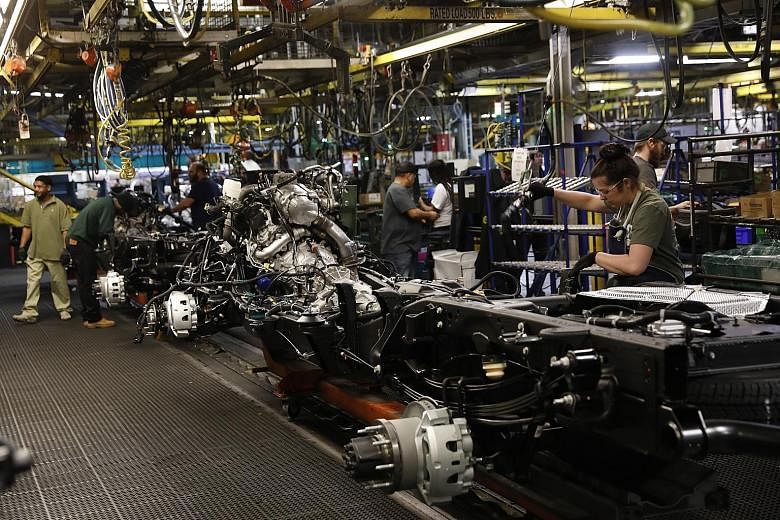PHOENIX (Arizona) • It's hard to miss the dogged technological ambition pervading this sprawling desert metropolis in the US.
There's Intel's US$7 billion (S$9.5 billion), 7-nanometer chip plant going up in Chandler. In Scottsdale, Axon, the maker of the Taser, is hungrily snatching talent from Silicon Valley as it embraces automation to keep up with growing demand. Start-ups in fields as varied as autonomous drones and blockchain are flocking to the area, drawn in large part by light regulation and tax incentives. Arizona State University is furiously churning out engineers.
Already a subscriber? Log in
Read the full story and more at $9.90/month
Get exclusive reports and insights with more than 500 subscriber-only articles every month
ST One Digital
$9.90/month
No contract
ST app access on 1 mobile device
Unlock these benefits
All subscriber-only content on ST app and straitstimes.com
Easy access any time via ST app on 1 mobile device
E-paper with 2-week archive so you won't miss out on content that matters to you

